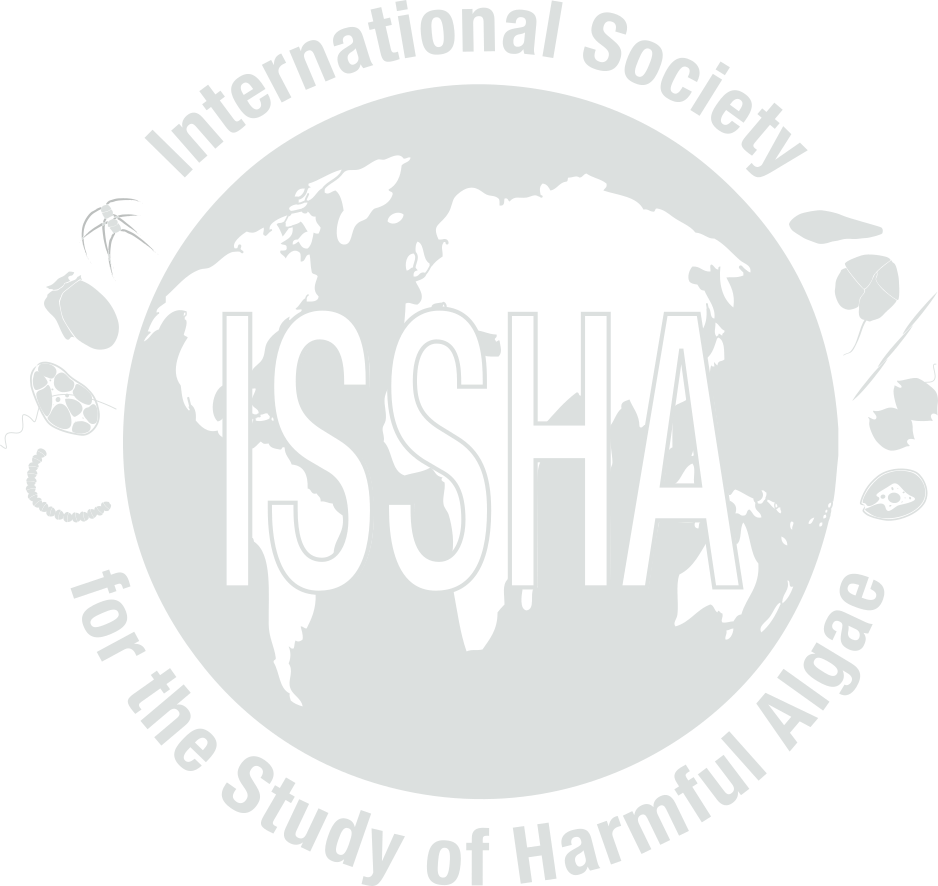


| Event name: | US-03-008 | |
| Country: | UNITED STATES | |
|
Nature of the harmful event: |
Water Discoloration , High Phyto concentration , Seafood toxins , Other ( Questionable other effects) | |
|
Event directly affected: |
Humans | |
| Toxicity detected: | No | |
| Associated syndrome: | PSP | |
| Unexplained toxicity: | No | |
| Species implicated in toxin transmission (transvector): | Puffer fish, e.g., Spheroides nephelus the southern puffer, are thought to be exposed to saxitoxin thru the food web and the consumption of small bivalves that are toxic. | |
| Report the outcome of a monitoring programme: | No | |
| Event occurred before in this location: | No | |
| Individuals to contact: | LANDSBERG, Jan | |
| Location: | Latitude: , Longitude: | |
| General location information: |
Northern Indian River Lagoon, Florida east co, Florida, East Coast. HAB Area code(s): US-15 |
|
| Additional location information: | ||
| Bloom event dates (yyyy/mm/dd): | Start: 2003-10-16, End: 2003-10-23 | |
| Quarantine levels dates (yyyy/mm/dd): | ||
| Additional date-related information: | The above dates are for a shellfish closure because clam toxicity slightly exceeded the regulatory limit. Puffer fish on the other hand are toxic all year long in that area and the Florida Fish and Wildlife Conservation Commission has had a ban on the harvest of puffer fish from that area since the first public health reports of PSP from eating puffer fish in 2002. | |
| Causative organism known: | Yes | |
| Causative Species/Genus: |
Pyrodinium bahamense
(675,000 cells/L)
The toxin profile as determined independently by Quillam and Hall clearly illustrates the PSP is from Pyrodinium (toxin in puffer fish, Pyrodinium cells) |
|
| Co-Ocurring Species/Genus: | ||
| Chlorophyll concentration, if known: | µg/l | |
| Additional bloom information: | Suspect that benthic resting cyst population of P. bahamense is taken up by small infaunal bivalves that are in turn fed upon by puffer fish. Pathway for exposure speculated to be food web. Documenting cyst abundance in sediment and planning experimental | |
| Event-related bibliography: | ||
|
||||||||||||||||||||||||||
| Nutrient information: | ||||||||||||||||||||||||||
| Temperature Range During Event: | Max: 30 °C, Min: 15 °C | |||||||||||||||||||||||||
| Salinity Range During Event: | Max: 36, Min: 17 | |||||||||||||||||||||||||
| Bloom location in the water column: | Whole column | |||||||||||||||||||||||||
| Growth: |
In situ |
|||||||||||||||||||||||||
| Growth Comments | ||||||||||||||||||||||||||
| Additional Environmental information: | ||||||||||||||||||||||||||
|
|||||||
| Kit used: No | Type of kit used: | ||||||
| Additional information: | Shellfish toxicity by ELISA as well as mouse bioassay, puffer fish by ELISA kit. | ||||||
| Economic losses: | No data. | ||||||
| Management decision: | yes, short duration shellfish closure and long term ban on puffer fish harvest, since 2002 | ||||||
| Additional harmful effect information: | Unknown. | ||||||
